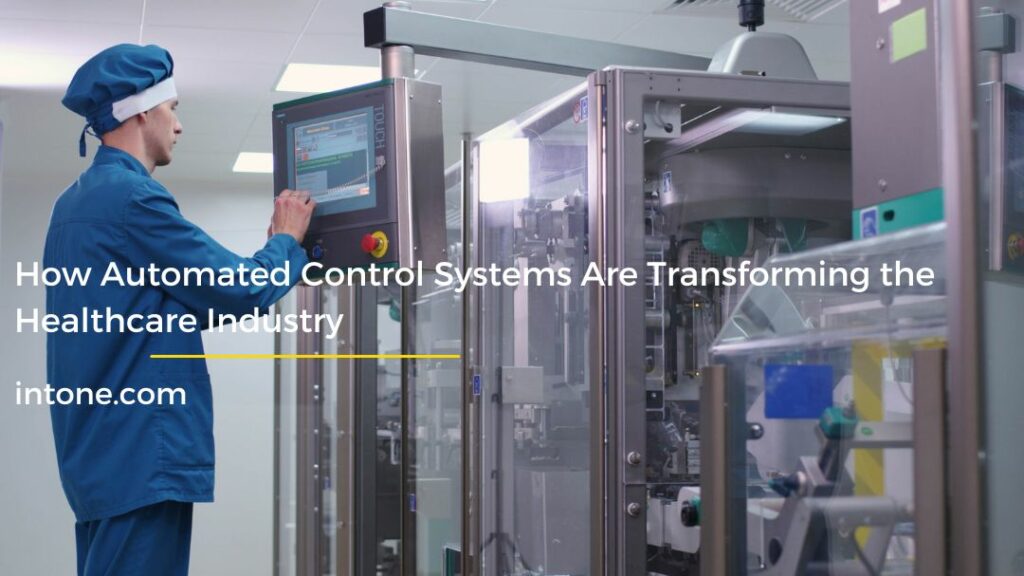Contents
Introduction
The healthcare industry is at a crossroads, grappling with increasing patient volumes, complex diseases, and rising costs. Simultaneously, the demand for higher quality care and patient satisfaction continues to soar. To navigate these challenges, the industry is turning to technology as a powerful ally. From electronic health records to telemedicine, digital solutions are transforming healthcare delivery.
Central to this technological revolution is the automated control system. An automated control system is a self-contained process control system that uses sensors to monitor and control a process variable within a pre-set range. In healthcare, these systems are employed to manage and optimize various processes, from drug delivery to environmental control.
The Impact of Automated Control Systems in Healthcare
Automated control systems are transforming healthcare by enhancing efficiency, improving patient safety, and ensuring high-quality care. Here’s how:
- Operational Efficiency
- Inventory Management: Automated systems track and manage supplies, predicting shortages and triggering reorders to avoid disruptions.
- Energy Management: These systems optimize energy use in hospitals, reducing costs by adjusting lighting and HVAC based on occupancy.
- Enhancing Patient Safety
- Medication Dispensing: Automated systems ensure accurate medication administration, preventing errors by cross-checking prescriptions with patient records.
- Infection Control: Systems monitor hand hygiene and use UV light to sterilize environments, reducing the spread of infections.
- Improving Quality of Care
- Real-Time Monitoring: Continuous data monitoring allows for timely interventions, improving patient outcomes.
- Data-Driven Decisions: Automated systems analyze patient data, helping healthcare providers make informed, personalized treatment decisions.
- Regulatory Compliance
- Automated Reporting: These systems generate compliance reports, making audits easier and ensuring adherence to healthcare regulations.
- Risk Mitigation
- Predictive Analytics: By analyzing data, automated systems identify potential risks, enabling preventive measures to avoid equipment failures and patient complications.
Automated control systems are vital in modernizing healthcare, offering increased efficiency, safety, and quality of care, while also supporting regulatory compliance and risk management.
The Future of Automated Control Systems in Healthcare
The potential applications of automated control systems extend far beyond current implementations. As technology advances, these systems will be pivotal in emerging healthcare areas such as personalized medicine, genomics, and remote patient monitoring. By analyzing vast amounts of patient data, automated control systems can identify patterns and trends, leading to tailored treatment plans and improved patient outcomes.
The widespread adoption of automated control systems also necessitates a robust cybersecurity infrastructure. Protecting sensitive patient data is paramount. Healthcare organizations must invest in advanced security measures to safeguard patient information from unauthorized access, breaches, and cyberattacks. Data privacy regulations, such as HIPAA, provide a framework for handling patient data responsibly. Adherence to these regulations is essential to building trust between patients and healthcare providers.
Conclusion
Automated control systems are revolutionizing healthcare, driving efficiency, safety, and data-driven decision-making. Continuous control monitoring ensures that these systems work seamlessly, detecting and addressing issues in the real time. As technology advances, these systems will play an even bigger role in shaping the future of healthcare. However, to fully reap the benefits, healthcare organizations must prioritize data privacy and cybersecurity, ensuring that patient information remains secure. Automated data processing in healthcare industry is crucial for optimizing operations and patient outcomes.

